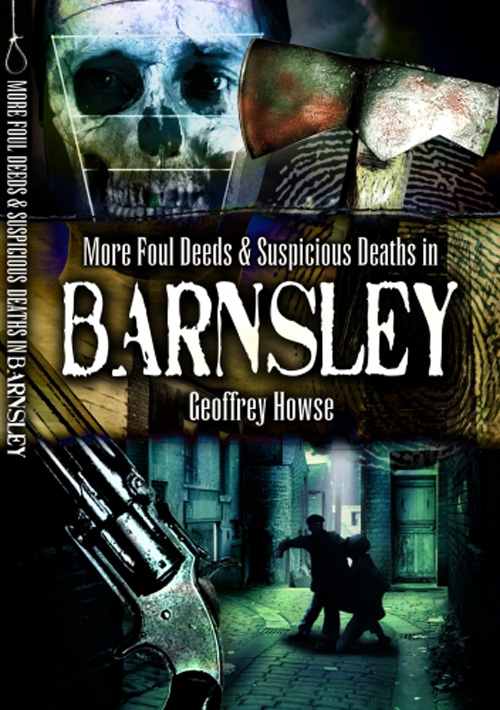

He acquired his title of Glamis upon his father Sinel's death. Macbeth asks them to explain their prediction, thinking Cawdor to be alive and well. Thou shalt get kings, though thou be none." Banquo wonders why Macbeth starts at their words, and asks what they would prophecy for him, though he is less concerned than Macbeth with what they have to say: "If you can look into the seeds of time / And say which grain will grow and which will not, / Speak then to me, who neither beg nor fear / Your favors nor your hate." They reply: "Lesser than Macbeth, and greater. They in turn hail Macbeth as Thane of Glamis, then Thane of Cawdor, finally as future king. Banquo addresses the witches-they do not look like normal inhabitants of the earth and have beards.

The others join in the planning of the cruelty.īanquo and Macbeth enter. The First tells of her plans for causing evil mischief against a captain sailing to Aleppo, and his wife who offended her. Duncan orders Cawdor to be executed and for Ross to tell Macbeth that he is to receive the title instead. Thanes (or noblemen) Ross and Angus enter and say the Thane of Cawdor had traitorously joined with Norway, but the Norwegians were defeated by Macbeth. After Macdonwald was defeated, a captain relates, Sweno the King of Norway launched a fresh attack, but Macbeth and Banquo repelled it heroically. They praise Macbeth, Thane of Glamis, who has fought valiantly and triumphantly, slaying Macdonwald and impaling his head on the battlements. King Duncan of Scotland speaks to his son Malcolm of the progress of the battle with the rebellious Macdonwald. The three witches speak in paradoxes of their plans to meet with Macbeth after the battle in progress ends. His perverse inborn ambition is abetted by the dark forces in the universe.Īn open place, presumably in Scotland. It is an intensely human study of the psychological effects of evil. It is an account of human failure, in which he has sold his soul for gain, so committed to evil that he cannot turn back. Macbeth faces temptation knowing what he contemplates is a monstrous crime. It has a terse gloomy view of humanity's encounter with the powers of darkness. This is the last of the 4 great tragedies dealing with spiritual evil. WS has made Duncan more than the historically ineffective king, Banquo is no longer his partner in the conspiracy (he was reputed to be ancestor to James I), etc. Duncan was a soft and gentle king, and Macbeth and Banquo were needed to defend Scotland against her enemies: Macdowald (i.e., WS's Macdonwald) and later Sueno, the King of Norway. The historical Macbeth ruled 1040-1057, had taken the throne from Duncan in a civil conflict between two clans, and was defeated by the Earl of Northumbria (Siward in the play) at Birnam Woods, but ruled 3 more years until slain by Duncan's son Malcolm. It had become a legend more fiction than fact. " Scotorum Historiae", which drew on the 14C priest John of Fordun and 15C chronicler Andrew of Wyntoun. Holinshed's " Chronicles" (1587 Ed.), which utilized Boece's Overall Impression: I was deeply moved by this profound play, its language of unsurpassed beauty despite the morbid subject matter-one of my Quotations are for the most part taken from that work, as

Shakespeare Updated Fourth Ed., Longman Addison-Wesley, ed. John Singer Sargent: Ellen Terry as Lady Macbeth, 1889Īcknowledgement: This work has been summarized using The Complete Works of Summary by Michael McGoodwin, prepared 1999


 0 kommentar(er)
0 kommentar(er)
